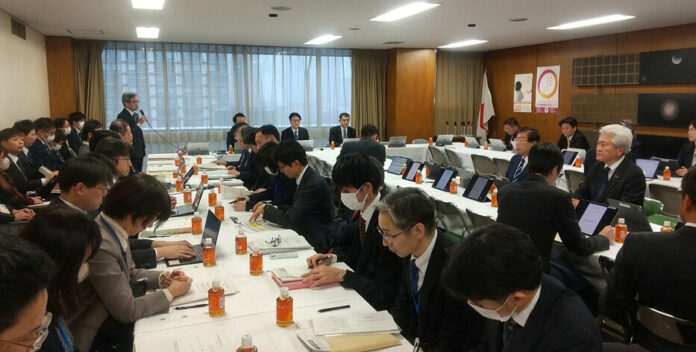The Japanese government has decided to allow foreigners with ‘permanent resident’ status to have their permits revoked if they fail to pay taxes and social insurance contributions.
The aim is to optimize the system, as the number of foreigners living in Japan on a medium-to-long-term basis is expected to increase. The government intends to submit a draft amendment to the Immigration Control and Refugee Recognition Act during the current parliamentary session.
Permanent residents is a status of residence with no restrictions on the length of stay or employment. The Minister of Justice grants permanent resident status to those who meet the following requirements: (1) have lived in Japan for more than 10 years; (2) have not been sentenced to imprisonment; and (3) have fulfilled official obligations such as paying taxes.
Under current law, in principle, the status cannot be revoked even if the requirements are no longer met after the permanent residence permit has been granted.
The Immigration Service Agency has identified the issue of cases of permanent residents deliberately failing to pay taxes as a problem. In response the agency has decided to change the system to one whereby local authorities can report malicious cases to the agency and have their permits revoked. A sentence of imprisonment for more than one year is still subject to deportation under the current system, but the new system is considering making it possible to revoke a sentence of imprisonment for less than one year.
The government intends to create a training work system to accept foreign workers on a medium-to long-term basis, replacing the foreign technical training system. This is expected to increase the number of foreigners who meet the requirements for permanent residence permits.
Last December, the Liberal Democratic Party’s Special Committee on Foreign Workers submitted a proposal to Justice Minister Ryuji Koizumi calling for the system to be made more appropriate. Party officials emphasize that permanent residents must be thoroughly examined and made to fulfill the same obligations as Japanese citizens.
The government intends to submit a related bill for the establishment of a training and employment system to the current parliamentary session. It also intends to proceed with amendments to laws related to permanent residents in an integrated manner.
However, it is also possible that the evasion of tax and social insurance contributions may be due to poverty or other circumstances that are not considered malicious. A lawyer familiar with foreigner issues points out that this is the opposite of living together, where people who have been accepted are kicked out.



